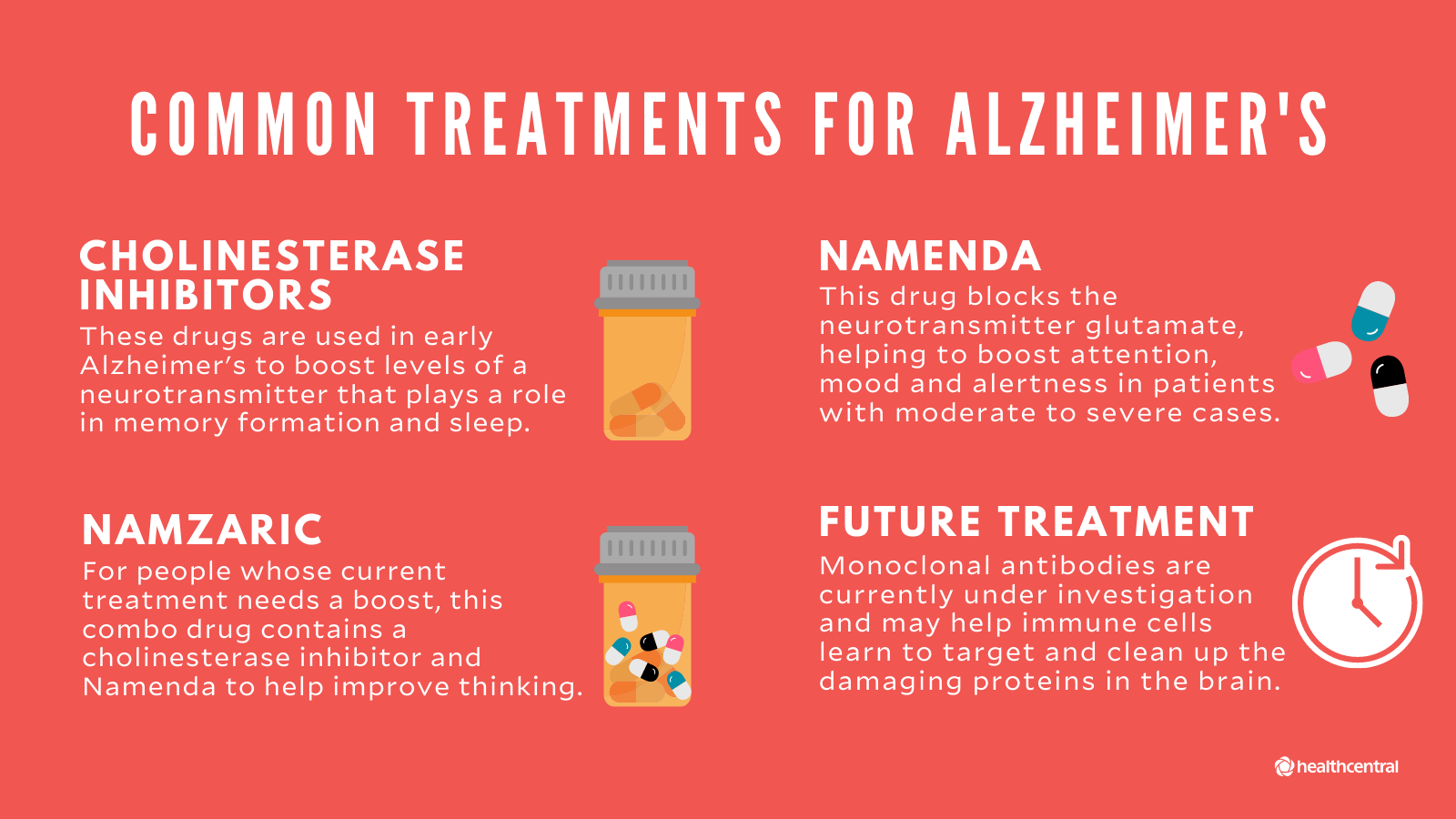
What is Alzheimer’s Disease?
We spend so much time in adulthood that we undergo numerous cognitive changes. Adult cognitive growth, according to research, is a complicated, ever-changing process that is even more dynamic than cognitive development in infancy and early childhood. Unlike our physical talents, which peak in our mid-20s before gradually deteriorating, our cognitive abilities remain constant throughout early and middle adulthood.
However, we begin to see a loss in another aspect of our mental capabilities in late adulthood—fluid intelligence (information processing abilities, reasoning, and memory). These procedures slow down. Adults who participate in mentally and physically challenging activities have less cognitive decline and a lower prevalence of moderate cognitive impairment and dementia, according to research.
Dementia, or brain abnormalities that impair cognition, affects a large number of elderly people. Alzheimer’s disease is a type of dementia that was first examined by Solomon Carter Fuller, a medical researcher. Alzheimer’s disease is caused by a genetic mutation. Plaques form in the brain as a result of cell death, causing significant forgetfulness in persons who suffer from the disease. A person’s ability to move, communicate, and eventually eat can be lost.
Alzheimer’s disease (AD) and related dementias are becoming more common as the population ages. Most people diagnosed with sporadic AD do not have “pure” AD, according to neuropathological investigations, and the prevalence of comorbidity for disorders that cause cognitive impairment rises with age. The majority of those diagnosed with Alzheimer’s disease in their later years have it in combination with cerebrovascular illness or other neurodegenerative diseases like Lewy body disease (a form of dementia caused by abnormal deposits of the protein alpha-synuclein, called Lewy bodies.)
Many risk factors that contribute to the development of late-life dementias, according to growing research, are modifiable. Environmental (exposure to lead, iron, and zinc increases risk) and nutritional variables can both help to prevent the condition (the Mediterranean diet lowers risk). Mild cognitive impairment might progress to dementia, thus cognitive rehabilitation can help. Virtual reality has been suggested by researchers as a feasible means of cognitive rehabilitation. They proposed that virtual reality technology should take into account daily activities, memory, and language, among other things.
Can we prevent Alzheimer’s Disease?
Current studies and the Alzheimer’s Association’s recently revised criteria for diagnosing Alzheimer’s dementia imply a disease continuum ranging from preclinical asymptomatic to symptomatic Alzheimer’s dementia. Following studies have suggested that education, occupational complexity, and an active lifestyle are protective factors.
Exercise has also been linked to a lower incidence of dementia, and numerous vascular risk factors have been connected to AD and vascular dementia, including high cholesterol, hypertension, diabetes, smoking, and atrial fibrillation. Until now, studies focusing on a variety of potentially modifiable risk factors have yielded mixed results, though new evidence from large descriptive cohort studies suggests that general improvements in midlife health, particularly better control of vascular risk factors, may be linked to a decrease in the incidence of cognitive impairment. Sleep disturbances and diet are two other possibly modifiable lifestyle risk factors for Alzheimer’s disease that have received less attention. Sleep-disordered breathing is frequent in the elderly, and one study found that older women with sleep-disordered breathing had nearly twice the risk of developing mild cognitive impairment (MCI) or dementia than those without the condition.
The transition to preventive trials for Alzheimer’s disease faces numerous challenges, but evidence from previous prevention studies in a variety of fields can provide guidance on subject recruitment, study design, biomarker use, and the need to better understand the biological basis of disease in order to identify appropriate targets.

Here’s the takeaway…
Scientists and physicians will continue to be surprised by the brain’s evolution. Dementia is a condition in which a person’s cognitive functioning — thinking, remembering, and reasoning — has deteriorated to the point where it interferes with daily living and activities. Some dementia patients lose control of their emotions, and their personalities shift. It is critical to recognize symptoms early since some reasons can be treated. However, the etiology of dementia in many cases is unclear and cannot be controlled. Obtaining an early diagnosis, however, can aid in the management of the disease and plan accordingly.
MORE INFORMATION:
DONATE:
GET HELP NOW:
(800)-827- 1000

